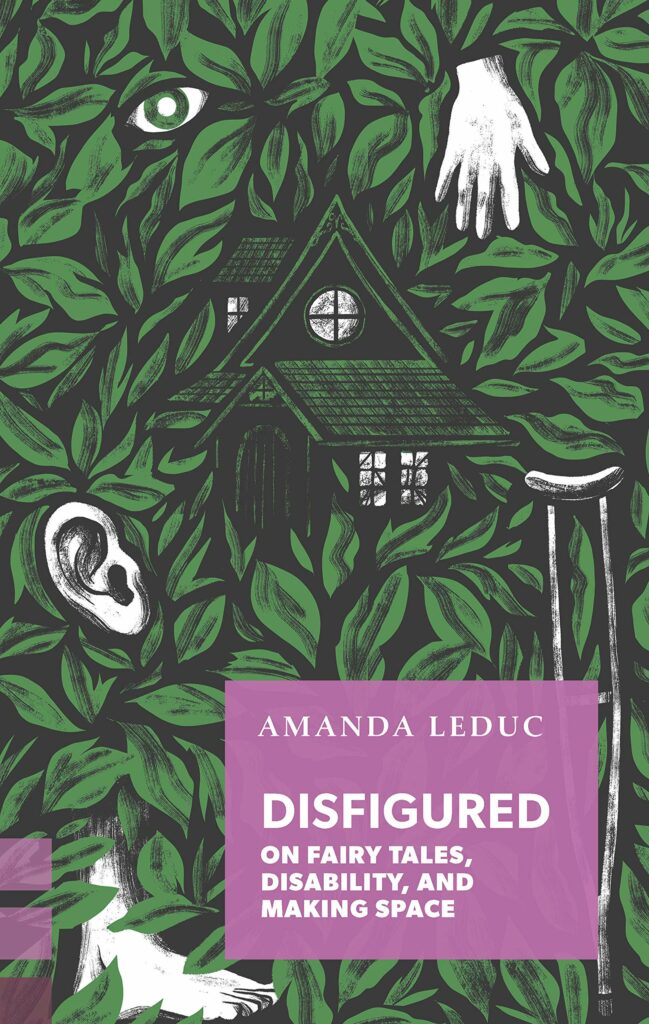
Transatlantic would like to wish a happy book birthday to DISFIGURED: On Fairy Tales, Disability, and Making Space by Amanda Leduc, out now from Coach House Books!
Praise and Coverage for DISFIGURED
“Author Amanda Leduc calls for making space for the disabled, even in our fairy stories” by The Globe and Mail: https://tgam.ca/2tsofQj
Featured on Work-in-Progress Podcast by Hamilton Review of Books:http://bit.ly/37Wfc9d
“Writing with Shame and Boundaries #GrowingRoom2020” by Room Magazine: http://bit.ly/2SjAHdD
“Leduc persuasively illustrates the power of stories to affect reality in this painstakingly researched and provocative study that invites us to consider our favourite folktales from another angle.” — Library Journal, starred review
“Leduc argues that template is how society continues to treat the disabled: rather than making the world accessible for everyone, the disabled are often asked to adapt to inaccessible environments. ” — Quill & Quire
“Leduc peels the flesh from the fairy tales we grew up loving and strips them down to their skeletons to skillfully reveal how they influence the way we think about disability. She contrasts the stories we have with the ones we wish we had, incorporating her own life. Her wisdom lands like a punch in the heart, leaving a sizable dent that reshapes how we see tales we’ve been telling for centuries. She also – and this is the best part – suggests how we might tell new fairy tales, how we can forge new stories.” — Adam Pottle, author of Voice
“A unique and dazzling study . .. a revolutionary approach to understanding why we are drawn to fairy tales and how they shape our lives.” – Jack Zipes, author of Grimm Legacies
“Each chapter is a gem, but the kind of gem that turns into a knife, into a mirror, into a portal. Leduc’s real magic? That she transforms her readers as surely as any world.” — Mira Jacob, author of Good Talk
About DISFIGURED: On Fairy Tales, Disability, and Making Space
Fairy tales shape how we see the world, so what happens when you identify more with the Beast than Beauty? If every disabled character is mocked and mistreated, how does the Beast ever imagine a happily-ever-after? Amanda Leduc looks at fairy tales from the Brothers Grimm to Disney, showing us how they influence our expectations and behaviour and linking the quest for disability rights to new kinds of stories that celebrate difference.
About Amanda Leduc
Amanda Leduc’s essays and stories have appeared in publications across Canada, the US, and the UK. She is the author of the novels The Miracles of Ordinary Men and the forthcoming THE CENTAUR’S WIFE. She has cerebral palsy and lives in Hamilton, Ontario, where she works as the Communications Coordinator for the Festival of Literary Diversity (FOLD), Canada’s first festival for diverse authors and stories.
Amanda is represented by Samantha Haywood.
Share:
